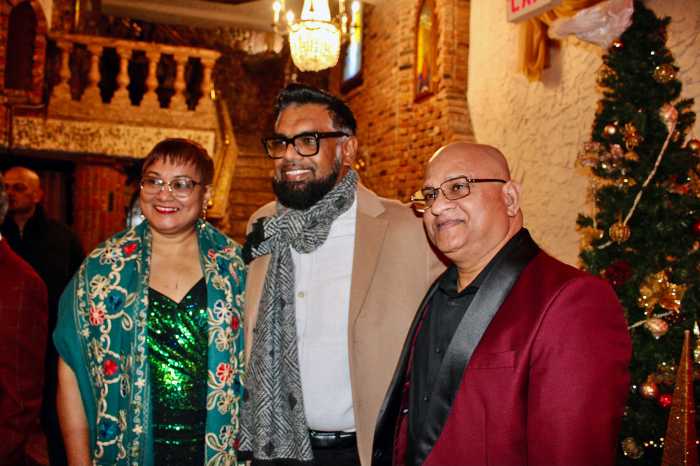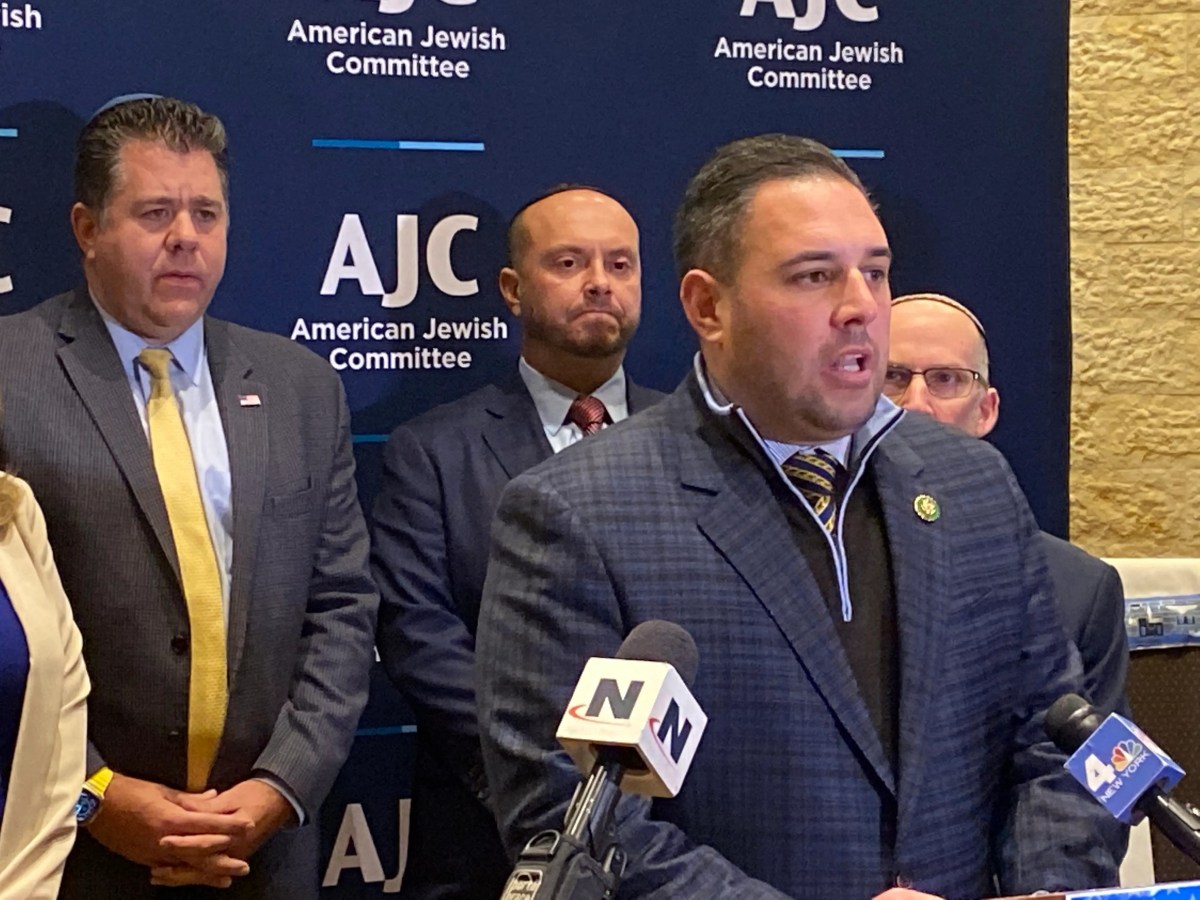Felled and disabled by a Dec. 21 successful opposition no confidence motion, Guyana’s government Monday vowed not to resign as required by the constitution and will instead contend in a legal brief that the house speaker and clerk erred in allowing the motion to pass with a majority of 33 rather than 34 votes in the 65-member assembly.
Attorney General Basil Williams said the brief will be handed to Speaker Barton Scotland before the parliament meets on Thursday to deliberate on the effects of the motion which succeeded after government lawmaker Charrandass Persaud voted with the 32 opposition members to give them a majority of one over government. He has since fled to Canada and is now campaigning for the main opposition People’s progressive Party (PPP) in several videos making the social media rounds.
But a massive row has broken out in Caribbean Community nation after a string of prominent lawyers and cabinet ministers argued that 34 rather than 33 votes are needed as half of 65 human seats is 32.5 so a majority has to be rounded up to 33 and then one more for a majority of 34. The legal brief will likely be debated at Thursday’s sitting before government formally heads to court for a once and for all ruling as to whether a simple majority of 33 is required or an absolute one of 34.
The loss of the vote at the Dec. 21 historic sitting required that government resigns, switches to a caretaker role and prepares the country for fresh elections in 90 days, about a year and half before constitutionally due. But the 90-day deadline remains in jeopardy as both minister Williams and security colleague Khemraj Ramjattan have said that the issue will have to be decided by the courts and this could further affect the deadline especially if the case ends up at the Trinidad-based Caribbean Court of Justice, the country’s final appellate jurisdiction.
There is also the factor of whether the elections commission will be ready to organize general elections in the stipulated period. Any administrative hiccup could affect the commission’s ability to meet the deadline. A two-thirds vote of parliament could extend the 90 day deadline. Critics say this is one very possible scenario.
“In order for the government to be defeated on a vote of confidence, 34 or more votes of all the elected members in favor of the motion was required instead of 33. This assertion is grounded in established parliamentary precedent and practice and case law in the Commonwealth,” the document stated.
Minister Ramjattan said that “we feel, not withstanding what happened on the 21st of December, that the numbers of persons who will constitute that threshold of elected parliamentarians is 34, and not 33.”
For its part, the opposition has continued to demand the resignation of government and limited spending until elections. Opposition lawmakers have been meeting with western and regional diplomats in recent days, lobbying them to implore government to follow constitutional edicts and prepare for fresh elections by March.
Former house speaker Ralph Ramkarran, now head of a fledgling new party planning to contest the next elections, said at the weekend that the move by authorities is useless as the decision has already been made.
“A decision has been taken by the national assembly. The speaker did not make a decision. The national assembly did and that decision was announced by the speaker. The speaker can’t change that decision. If I were the speaker, I would rule that the national assembly has made a decision. That decision was announced to be carried by me as speaker. That decision is now a resolution of the national assembly and that resolution was conveyed to the political parties. It is a decision that is made. It can’t be changed,” he said.























